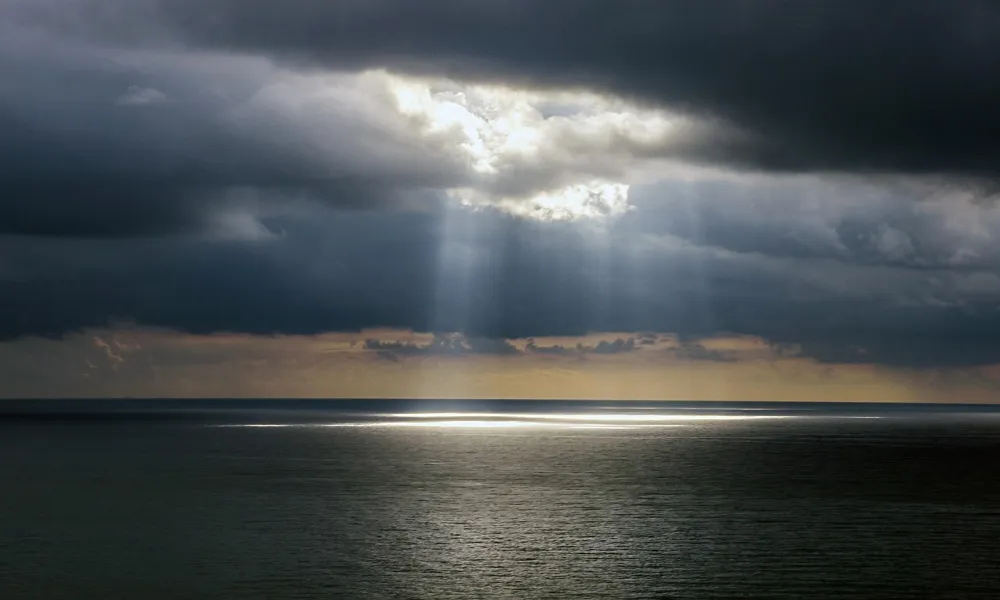Redux
Every journey circles home
One week after Erhürman’s victory, if you truly care about the Cyprus problem, it feels like walking on thin ice. Conversations with members of civil society and public opinion make it clear that disillusionment about the prospects for a solution runs deep.
In a blink, people often jump to a conclusion rather than consider the potential of a development, amplifying what they already know instead of imagining what could be. The key, they say, lies in Turkey because Tufan Erhürman cannot act on his own. This is a narrative long internalized over the years, taking for granted that words alone carry weight. It is as if it has never occurred to us that we have ownership of the Cyprus problem, that it is ours to solve, to care for, and to take responsibility for.
In the best case scenario, the GC media now speak of restrained optimism, but even that sounds generous. On the ground, among Turkish Cypriots, you feel not optimism but exhaustion, a sense that patience has run out. If we, on the Greek Cypriot side, could set aside our own trauma for a moment and truly understand the fears of near extinction and isolation felt in the north, we might realise that our own lack of appetite for a solution and our clinging to a 51-year-old narrative have made their frustration justified.
Of course, we also worry about how this frustration might be interpreted here as hardline rhetoric or nationalism, which in turn pushes our side further away. It becomes a vicious cycle that benefits the hardliners on both sides. One week after the Turkish Cypriot elections, instead of treating the outcome as a milestone or a moment to build on, we risk seeing it as just another episode in a long list of political shifts that ultimately change little.
Momentum, however, exists only if we want it to exist. After so many failed efforts, interlocutors on both sides must begin to grasp not only how their statements resonate domestically but also how they are perceived across the divide. Every word carries weight, and every message can either build trust or deepen suspicion. Unless public opinion and the media are genuinely involved in a process of reconciliation, one that humanises the other rather than reinforces fear, we are destined to face yet another failure.
So it is not about seizing the moment. It is about showing courage, to listen, to empathize, and to rethink the stories we have been telling ourselves for half a century. Solution is a hard decision, but compromise or not, a decision must be taken, one that has to come from honest leadership that sees the future of Cyprus. It is a serious and strategic decision, one that history will judge, and from which neither great nor cowardly leadership can escape. If leaders do not engage their people with honesty, if they fail once again to involve the very voters who place their trust in them, then no leader can bear the weight of a solution on their shoulders. This is what we have witnessed election after election, hope born and then extinguished. Let us, at last, see something different.
